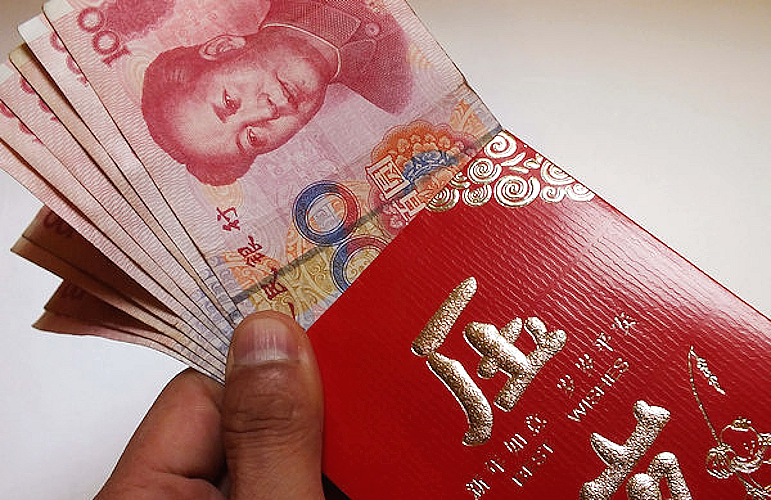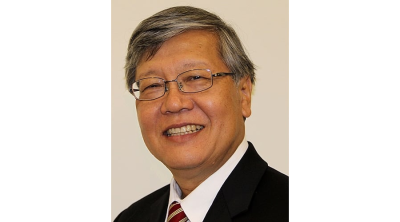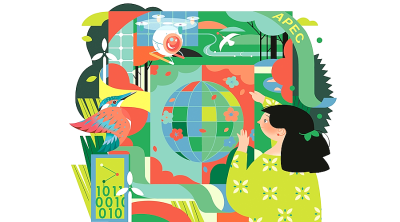
BEIJING: With Spring Festival approaching, some retirees are facing a financial crunch.
Many will have to hand out thousands of yuan in red envelopes to children at family reunions during the holiday, which starts on Saturday.
The age-old custom of giving out small sums of yasuiqian — bad luck suppressing money — to young relatives at the start of the Chinese New Year has in recent years morphed into a race to keep up with the Joneses.
What once used to be just a few yuan for each child has grown to as much as 3,000 yuan (RM1,987) in affluent provinces such as Zhejiang, according to news reports.
Even in less well-off places such as Anhui province, a 200-yuan envelope is the norm in rural areas, which see an influx of urban students visiting their grandparents during the annual break.
Li Kun, a retiree in Hefei, the provincial capital of Anhui, is expecting to hand out more than 10 envelopes, each containing a 100-yuan banknote, just like he did last year.
The money Li will be giving away is equal to his month’s pension, compelling the 72-year-old to fall back on his rainy day savings to see him through till the next pension check.
Li remembers the time decades ago when three- or five-yuan envelopes were enough to make children happy at family reunions, and adults did not feel burdened in any way.
“How much to give away in red envelopes must be in line with incomes, and people should not be competing to show off their affluence,” he said.
Rising disposable incomes, coupled with a strong urge to keep up appearances, have put financially strapped older adults in a spot in rural areas where people are known to strain their wallets to appear generous or hospitable.
The worrisome trend has even caught the attention of authorities in a rural area of Anhui province.
Authorities in that area, Fuyang, said they will act to help villagers develop a “correct attitude” toward this practice of giving money in red envelopes and introduce a cap on the amount that can be given as part of a nationwide effort by authorities to curb unnecessary spending by financially vulnerable rural residents.
The restrictions would be enshrined in the province’s village regulations, a set of rules drafted and agreed upon by villagers, they said.
“I think it is a good policy,” said Li, the retiree, adding that ordinary people cannot afford, and should not be expected, to put the same amount of money in red envelopes as wealthy people.
Wang Yamin, a village official in a suburb of Beijing, has seen his budget for yasuiqian ballooning over the years, as families of friends have become bigger with the births of more children and even grandchildren.
This year, Wang, whose son attends college in Beijing, has set aside 4,000 yuan to give to children who will be visiting his home during the holiday.
He has divided the recipients into three groups, based on his closeness to their parents, and accordingly prepared envelopes containing 100 to 500 yuan each.
“On average, the red envelopes cost about 200 yuan each,” Wang, 46, said, adding that as a child, he was used to receiving 1-yuan envelopes.
However, the highly reciprocal nature of the tradition means that his son will receive almost the same amount of money from his relatives, which makes the process of parting with his money less painful.
“Exchanging red envelopes is more about cementing relations,” he said.
Wang Chengfang, a retiree in Jining, Shandong province, said he knows it is not a good thing to give large sums of money to young children, but he feels he has no choice.
“With the economy growing, and with pay raises and inflated prices, large red envelopes are the trend,” he said.
In recent years, he has been spending up to 5,000 yuan, which is roughly his monthly salary, preparing red envelopes.
His daughter, who is in her 30s, no longer receives red envelopes, and his granddaughter was only born recently.
The reciprocal nature of the tradition has made him reluctant to take his granddaughter to visit relatives during Spring Festival, because every yuan his granddaughter will receive would be like a “relationship debt “that must be paid back in the future.
“Taking a young kid on Chinese New Year visits also makes it appear that I am silently asking for red envelopes,” he said.
ADVERTISEMENT
ADVERTISEMENT








































